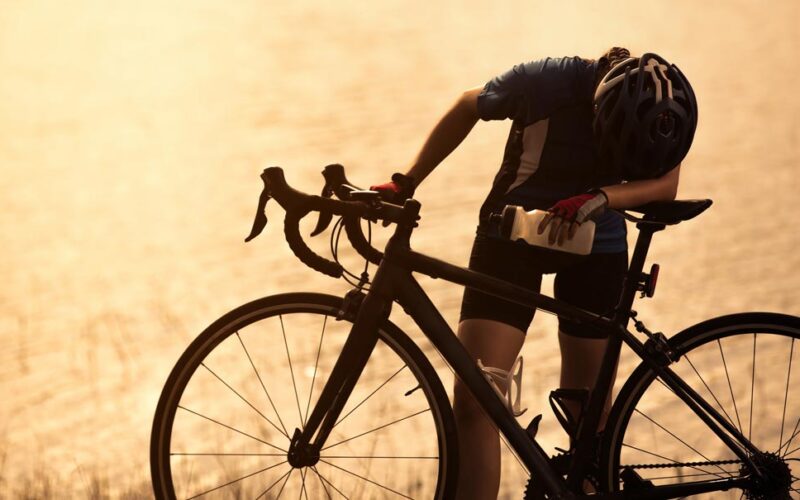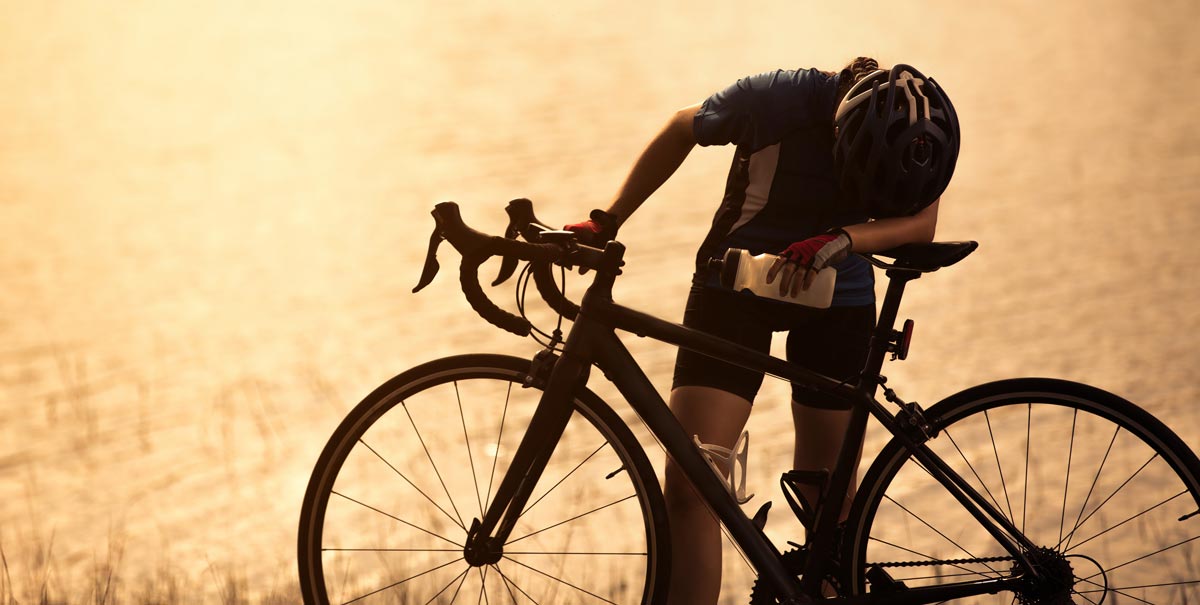When should I return to riding after illness?
I’ve written about the topic of when to return to riding after illness a few times before, and I tend to return to it when it’s relevant to me, which is now, unfortunately. Thankfully due to my fairly robust immune system, I don’t often find myself in this quandary, but I recently returned from an overseas trip in the grip of COVID. I was ill for a few days but I now have a lingering chest tightness and cough and am missing my bike and my riding buddies while I take a break.
I’m generally good at listening to my body and usually rest when I’m sick which includes abstaining from bike riding, but I often wonder if I take the rest part too seriously.
It goes without saying that you shouldn’t be riding a bike if you have COVID to avoid passing it on, but do the same rules apply if you have a basic head cold or similar?
With illnesses like colds, you should also be mindful of sharing your germs with your friends but as we all learnt during the pandemic, you are far less likely to spread an illness around when you’re outdoors.
I found a great article published by the ABC which helped satisfy my curiosity on this subject. I’ve plagiarised some of the key points for your enjoyment and education. The full article can be read here.
Do the neck check
According to sports scientist and researcher from the Research Institute for Sport and Exercise at the University of Canberra David Pyne, exercise helps boost your immunity, but pushing yourself too hard can temporarily have the opposite effect. He says that when faced with a looming illness athletes use a test known as the “neck check”.
In general, if symptoms are from the neck up (like a sore throat or maybe a runny nose or a slight headache) and not too severe, moderate exercise won’t hurt you and might even be beneficial.
I also read that an easy ride will help push your white blood cells out of the lymph tissue and into circulation where they can seek out and destroy invading bacteria and viruses (sounds scary but good). It may also open your nasal passages and provide a little temporary relief from your congestion thanks to epinephrine, which is a natural decongestant.
If you feel unwell and your symptoms are more troublesome (like chest congestion, any muscular or joint aches and pains, or a temperature), particularly below the neck, pushing on is not recommended. The learned Professor Pyne says that exercising with major cold symptoms, particularly a fever, can prolong your illness and be dangerous. It can make you faint and, in rare cases, even cause heart damage.
Also, if you’re training in a structured way to meet certain goals, say in the lead-up to the Mudgee Classic ride like I am, the quality of your training counts as much as the quantity; training when you’re sick will not be quality training.
While it’s easy to fret about all your hard work being undone by a break from your exercise routine, missing a few days or a week is not going to have much impact if you’ve been exercising regularly before that.
When can you return to riding?
Most common cold symptoms (and COVID) resolve after a few days or a week. Once you’ve got through that period and any aches, pain, cough, or fever have passed, it’s fine to start exercising again — but it’s important to do it gradually.
Ease your way back in with light exercise on the first day, then gradually step up to full training. In my case, my exercise has consisted of a long walk so I’m getting some fresh air and moving but not exerting myself. Don’t try to push yourself too hard to make up for the lost time.
Does riding your bike regularly help prevent illness?
Mostly, the answer is yes, says the Australian Institute of Sport and the American College of Sports Medicine.
When you do moderate-to-vigorous exercise (eg. brisk walking, cycling, swimming, playing a sport), there are several positive changes in your immune system, including the enhanced movement of important immune cells throughout the body.
Although these changes are temporary, each exercise session “represents a boost that reduces the risk of infection over the long term”, says Professor David Nieman, from the American College of Sports Medicine and Appalachian State University.
I plan to gradually return to exercise over the next week and take it at my own pace. I found this article about exercising after COVID to be helpful too.


